Introduction
For more than four months, much of the media coverage on policing reform has focused on whether congressional negotiators can strike a bipartisan deal that will pass muster in the divided Senate.
Three weeks ago, the negotiators appeared optimistic as they announced “an agreement on a framework” for a compromise. But they have since hit an impasse amid infighting among law enforcement groups. Some reports even suggest the negotiations might be teetering on the edge of a collapse.
As this drama plays out, what has been largely overlooked is a subtle shift in the U.S. Supreme Court‘s jurisprudence on policing — one that could reshape how law enforcement officers are held accountable across the country.
In its current term, the Supreme Court issued rulings on three cases related to “qualified immunity,” the legal doctrine that shields law enforcement officers and other government officials from being personally held liable for their actions on the job.
In recent years, qualified immunity has become a flashpoint in the debate over policing reform, with groups across the ideological spectrum arguing that it lets law enforcement officers off the hook — even in the most egregious cases of misconduct.
In Congress, this once-obscure legal doctrine has also complicated negotiations for a bipartisan deal.
Created in a string of rulings starting in 1967, qualified immunity is now interpreted by the courts across the country as barring lawsuits against law enforcement officers unless a prior court decision in a near-identical case has “clearly established” their conduct to be unconstitutional.
But then, in November, the Supreme Court issued a ruling in Taylor v. Riojas, reversing the lower court’s decision to grant qualified immunity to Texas prison guards in a lawsuit brought by an inmate named Trent Taylor.
In the unsigned ruling, decided without oral argument, the justices took note of the conditions of Taylor’s confinement: being held naked for six days in “shockingly unsanitary cells” covered in feces and sewage.
“Any reasonable officer should have realized that Taylor’s conditions of confinement offended the Constitution,” the justices wrote.
Three months later, the court followed up with a summary ruling in McCoy v. Alamu, reviving a lawsuit brought by a Texas inmate named Prince McCoy, who had accused a prison guard of using pepper spray against him “for no reason at all.”
As in the Taylor case, the ruling reinforced the notion that qualified immunity could be denied even in the absence of a similar prior court decision — if a constitutional violation is obvious.
Two weeks ago, the court also ruled in Lombardo v. St. Louis to reinstate a lawsuit that alleges police officers in St. Louis, Missouri, used excessive force in subduing a man by putting their weight on his back inside a holding cell and killing him.
The justices, in another unsigned ruling, wrote that it was unclear whether the appeals court sufficiently considered all relevant evidence, including the fact that police officers kept the man in a prone position, even though he had already been handcuffed and shackled.
“Such details could matter when deciding whether to grant summary judgment on an excessive force claim,” the justices wrote.
The opponents of qualified immunity are encouraged by the Lombardo case. “The court could very easily just decide not to do anything in this case,” said Patrick Jaicomo, an attorney at the Institute for Justice, a nonprofit libertarian law firm based in Alexandria, Virginia. “But it went out of its way to engage in the merits of this particular issue.”
Jaicomo added that the recent rulings, taken together, hint at the court’s willingness to “recalibrate” qualified immunity, if not abolish it altogether. “I’m cautiously optimistic that the court will at least do some housekeeping with the way it’s being applied,” he said.
Rui Kaneya is a senior reporter at the Center for Public Integrity. He can be reached at rkaneya@publicintegrity.org. Follow him on Twitter at @ruikaneya.
Read more in Inside Public Integrity
Watchdog newsletter
Homeland Security: Noncitizens’ barriers to health care thwart COVID-19 progress
Lingering fear of Trump policies and health care exclusion are barriers to vaccine drives among immigrants.
Watchdog newsletter
The U.N. says it’s torture. Judges ruled this school can use shock therapy anyway.
Electric shocks are a rare form of school discipline meted out to students with disabilities. Restraint is far more common. Both draw objections.
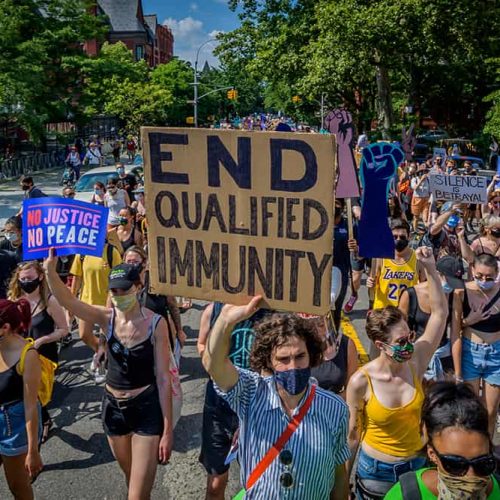
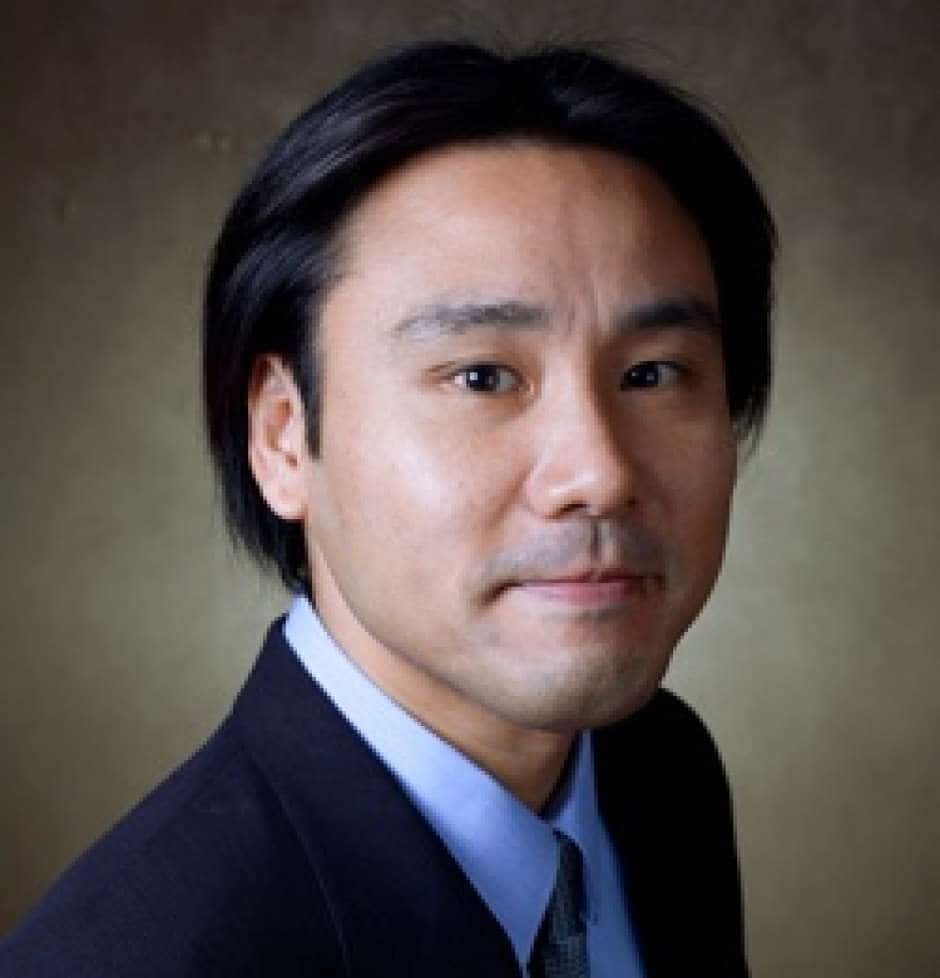
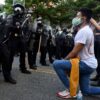
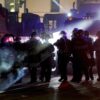
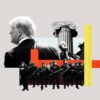
Join the conversation
Show Comments